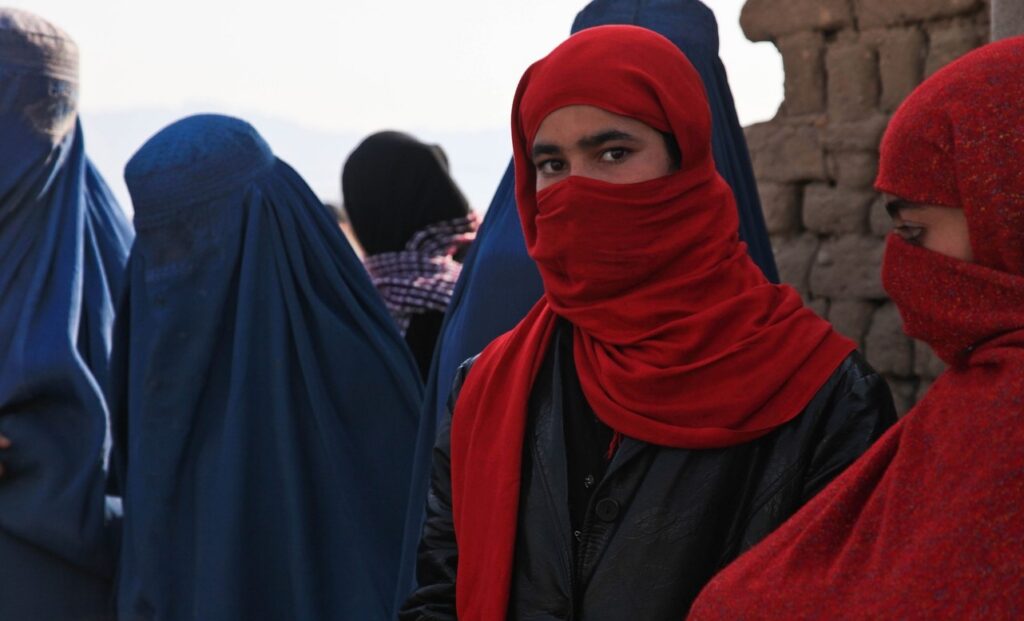In recent statements at the UN General Assembly, actress Meryl Streep made a striking comparison regarding the state of women’s rights in Afghanistan, highlighting the stark contrast between the freedoms allowed to cats and the restrictions imposed on women under Taliban rule. Streep’s comments were made during an event focused on raising awareness about the plight of Afghan women following the Taliban’s resurgence to power. In her remarks, she lamented that animals enjoy more freedom than women in Afghanistan, asserting that a female cat could sit outdoors and bask in the sun, while Afghan women are subjected to pervasive restrictions and repression, a claim that the Taliban vehemently denied by stating their respect for women, further illustrating the regime’s disconnect with reality.
The situation outlined by Meryl Streep aligns with documented human rights violations reported by the UN Assistance Mission in Afghanistan (UNAMA). UNAMA has gathered extensive evidence illustrating the Taliban’s extrajudicial killings, arbitrary arrests, and brutal treatment of specific groups, especially targeting media workers, human rights defenders, and individuals previously affiliated with the former government. More troubling are reports of over 1,600 documented cases of severe human rights abuses during arrests, including torture and inhumane treatment. Such egregious violations contradict the Taliban’s assertions of respecting women’s rights and underscore the undeniable depravity of their governance.
Since regaining power, the Taliban has imposed a series of increasingly oppressive “morality laws,” which culminate in prohibiting women from engaging in public life in any meaningful way. New regulations dictate that women cannot speak in public, cannot make eye contact with unrelated men, and must cover their entire bodies and faces when leaving their homes. Additionally, these laws have curtailed access to educational institutions and venues designed for recreation, further confining young girls and women to oppressive domestic roles. This series of legal restrictions reinforces a systemic culture of fear and confinement among Afghan women, spotlighting the stark social regression experienced since the Taliban’s rise.
Streep’s comments underscore a profound truth regarding the devaluation of women in Afghan society: women suffer oppression on numerous fronts, including public and private life. While a cat may enjoy freedom in its rightful place in the community, women find themselves incarcerated within their homes, unable to partake in the simple joys of life, such as visiting parks or pursuing education. In Kabul, the artificial boundaries created by the Taliban prevent Afghan girls from living fulfilling lives, drawing a tragic parallel to animals that can roam freely within their environments. The actress’s remarks serve as a clarion call, urging the international community not only to recognize these injustices but also to act against them.
In response to growing international concerns, UN Secretary-General Antonio Guterres emphasized the crucial need for educated women in Afghanistan to reclaim the country’s rightful position on the global stage. The exclusion of women and girls from all aspects of societal life amounts to gender persecution, classified as a crime against humanity. Guterres’ remarks reinforce the urgent need for the global community to address these violations, solidifying the argument that Afghanistan’s progression and dignity are irrevocably tied to the status of its women—both in education and workforce participation.
As the Taliban’s violations persist, it becomes imperative for the international community to hold them accountable for their actions. Streep’s poignant observations resonate as a call to arms against the slow suffocation of women’s rights in Afghanistan, and her appeal underscores the importance of global engagement to find viable solutions to this crisis. Without intervention, the dire situation of Afghan women, marked by repression and degradation, will continue unabated. Urgent action is necessary, whether through diplomatic measures, sanctions, or humanitarian assistance, to ensure that the rights of women and girls are not merely recognized but upheld and celebrated throughout the world.

